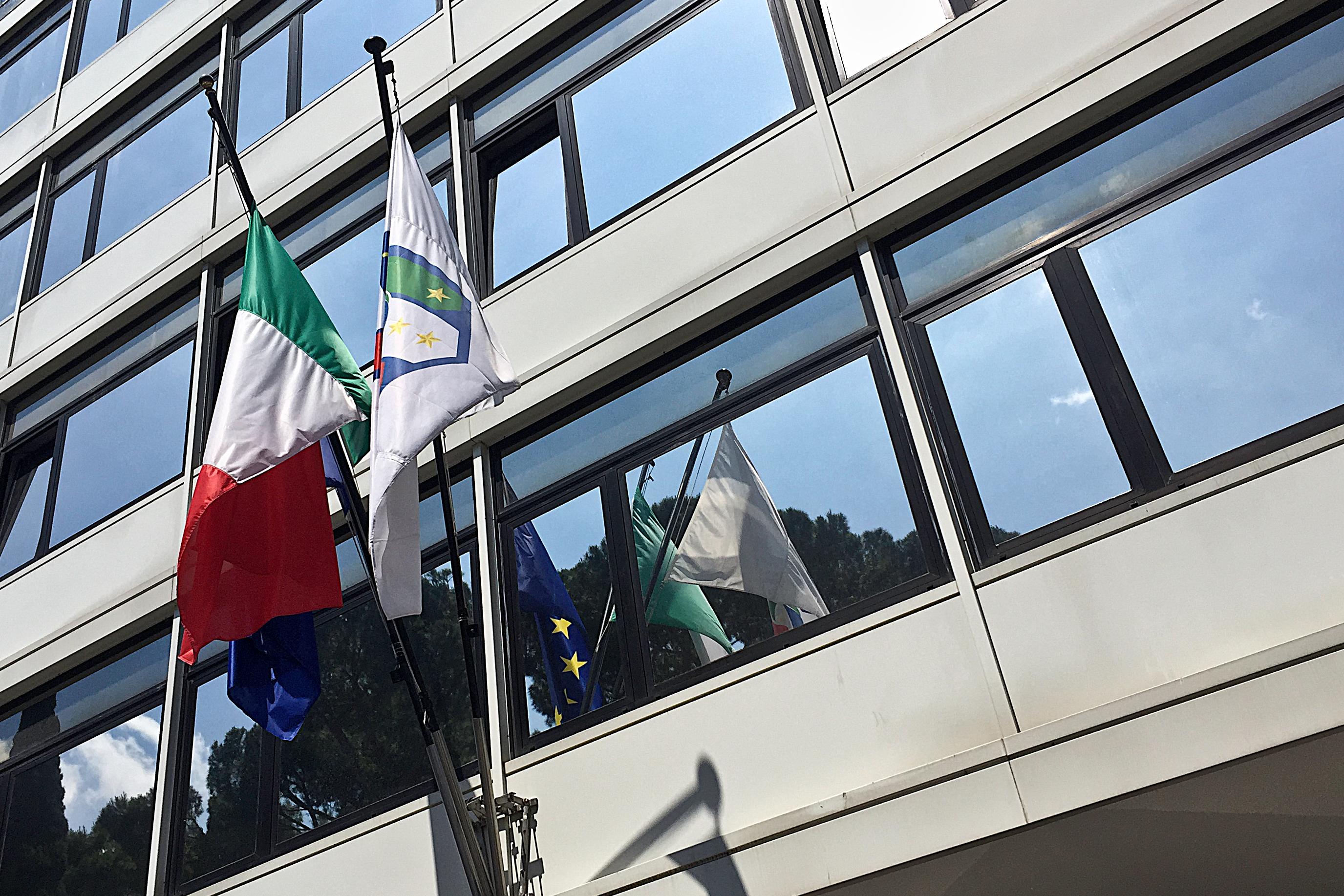PHOTO
The FIGC Medical Commission held their second meeting via videoconference today with Prof. Paolo Zeppilli as its chair. The aim of the meeting was to draw up guidelines for a health guarantee protocol for when sides resume training in preparation for the professional leagues to get back underway.
All of the commission’s members gave an active contribution, with the group made up out of experts invited to participate in the analysis of the COVID-19 emergency over the course of the last two weeks: Roberto Cauda (Professor of Infectious Diseases at the Catholic University), Massimo Fantoni (Director of the Covid19 Unit of the Policlinico Gemelli), Walter Ricciardi (WHO member, Councillor of the Ministry of Health) and Francesco Vaia (Health Director of the Lazzaro Spallanzani National Institute for Infectious Diseases).
Federation President Gabriele Gravina offered his thanks to all involved for their willingness to be of help and their cooperation in the commission’s work in both quantitative and qualitative terms, also reiterating the FIGC’s objective to all present: "In order to ensure a safe return for football, right now it’s fundamental to develop the best possible procedures for when the whole country starts up again. We won’t rush our work, but we won’t rest either, so that we’re ready once the institutions give us the green light."
The protocol, inspired by the principles of simplicity, feasibility and reliability, foresees a series of rules and recommendations for the identification and safeguarding of a ‘team group’, formed not only of the players but also of the coaching staff, doctors, physiotherapists, other necessary staff and anyone else in close contact with the players, who will all have been confirmed as negative in testing for the Coronavirus.
As a preliminary step, the commission’s work recommends that the first period of training should take place in a closed training camp (based on a summer training camp model), ahead of a complete resumption of activities under the supervision of a team and/or medical doctor. The training camp will be preceded by a screening (72-96 hours before the start), which the entire ‘team group’ will have to undergo. Tests will include, along with a rapid molecular and serological test (with the exact type to be indicated by the relevant authorities), an accurate medical history, a clinical examination (evaluation of any symptoms and measurement of body temperature) and instrumental and blood tests. Moreover, the FIGC has recommended that in order to facilitate the execution of all screening procedures and optimise logistical organisation, the possibility of staggering restarts to the season for each of the three leagues should be considered: priority would go to Serie A, then Serie B and finally Serie C.
The training centres would obviously have to be sanitised (both the training centre itself and the gyms, changing rooms and hotels if the clubs can’t use their own training centres). The protocol will then focus on the management of the training camp with a special focus on the various training activities and the organisation of using different structures, including the medical and physiotherapy facilities.
With help from Angelo Pizzi, the medical manager of the Association of Italian Referees, the protocol would also be implemented for match officials, taking into account their relevant categories.
At the conclusion of today’s call, the meeting’s chairman Zeppilli stated that he would create a summary of any further suggestions from the commission’s members and then finalise the document, which President Gravina will then pass on to the Minister for Sport Vincenzo Spadafora and the Minister for Health Roberto Speranza for evaluation as soon as possible.
